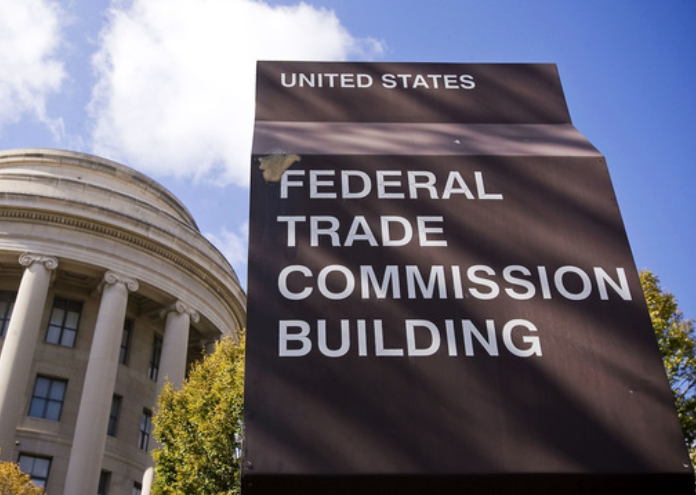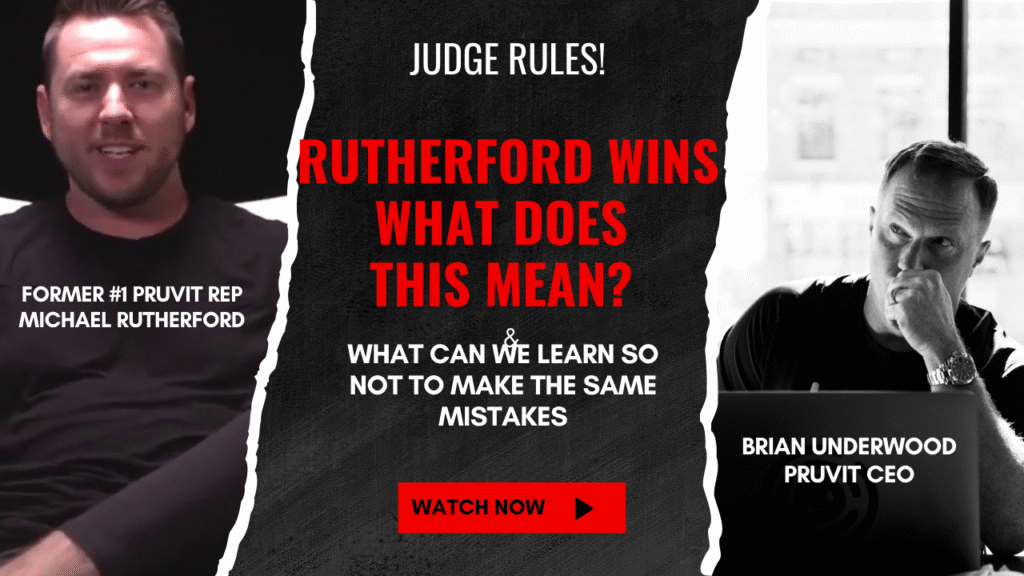In the ever-evolving landscape of business opportunities, multi-level marketing (MLM) schemes have long promised the allure of financial freedom through product sales and recruitment, but should you believe the company’s MLM Income Disclosures? However, a recent report by the Federal Trade Commission (FTC) staff has cast a critical light on how these companies present their income disclosure statements, revealing practices that might mislead potential participants about the real earnings potential. Here’s an in-depth look at what this report means for consumers, investors, and the MLM industry at large.
The FTC’s Scrutiny on MLM Income Disclosures
The FTC’s report, released in September 2024, analyzed income disclosure statements from 70 MLM companies, aiming to understand how these statements might skew perceptions of income potential. The findings were stark: most disclosures omit participants with low or no earnings, fail to account for expenses, and often highlight the earnings of a tiny fraction of high earners, painting an overly optimistic picture of what most participants can expect.
Key Findings from the Report
Omission of Low Earners: The report highlighted that many income disclosure statements exclude participants who earn little to nothing, skewing the average earnings upward. This practice gives an inflated view of potential income, as it doesn’t reflect the reality for the majority.
Ignoring Expenses: Perhaps most critically, the disclosures reviewed by the FTC did not account for the expenses incurred by participants. These costs, which can include product purchases, marketing materials, and training, often exceed the income, leading to net losses for many.
Emphasis on High Earners: The statements frequently showcase the earnings of top performers, which, while impressive, represent a minute percentage of participants. This focus can mislead new recruits into believing such earnings are typical or achievable with minimal effort.
Confusing Presentation: The way income data is presented, often in complex tables or with misleading averages, can confuse rather than clarify the financial prospects for new recruits.
Implications for Consumers and Investors
This report serves as a wake-up call for anyone considering joining an MLM. Here’s what it means for you:
Realistic Expectations: Understand that the high earnings often advertised are outliers. The majority might not even cover their expenses.
Due Diligence: Before investing time or money, scrutinize the income disclosure statements critically. Look for what’s not said as much as what is.
Expense vs. Income: Always calculate your potential net income after accounting for all expenses. The FTC’s findings suggest many participants might be better off financially by not participating.
Legal and Ethical Considerations: For MLMs, this report might herald stricter regulations or enforcement actions. Companies could face legal challenges for misleading advertising if they continue these practices.
MLM Income Disclosures Broader Impact on MLM Industry
The FTC’s report isn’t just a critique; it’s a call for reform within the MLM industry:
Transparency: Companies might need to adopt more transparent disclosure practices, including all participants’ earnings and expenses clearly.
Regulatory Changes: There’s a possibility of new regulations or guidelines that could force MLMs to change how they operate, particularly in how they present income opportunities.
Market Shift: This could lead to a shift in consumer trust towards MLMs, potentially affecting recruitment and sales.
Opportunity for Innovation: For ethical MLMs, this could be an opportunity to differentiate by offering genuinely transparent and sustainable business models. *
MLM Income Disclosures Conclusion
The FTC’s report on MLM income disclosures is more than just regulatory scrutiny; it’s a beacon for consumers to navigate the MLM landscape with caution and skepticism. For those within or considering MLMs, this report underscores the importance of looking beyond the glossy presentations to the fine print where the real financial stories lie. As the industry potentially faces a reckoning, consumers are encouraged to seek not just opportunities but opportunities that are both transparent and viable. This report might just be the catalyst for a more honest MLM marketplace, where success stories are the norm, not the exception.
This article aims to inform and provoke thought, encouraging readers to engage critically with MLM opportunities, aligning with the FTC’s push for clarity and consumer protection in the marketplace. CLICK HERE to stay up to date on the latest regulatory actions and issues affecting the GIG Economy.














